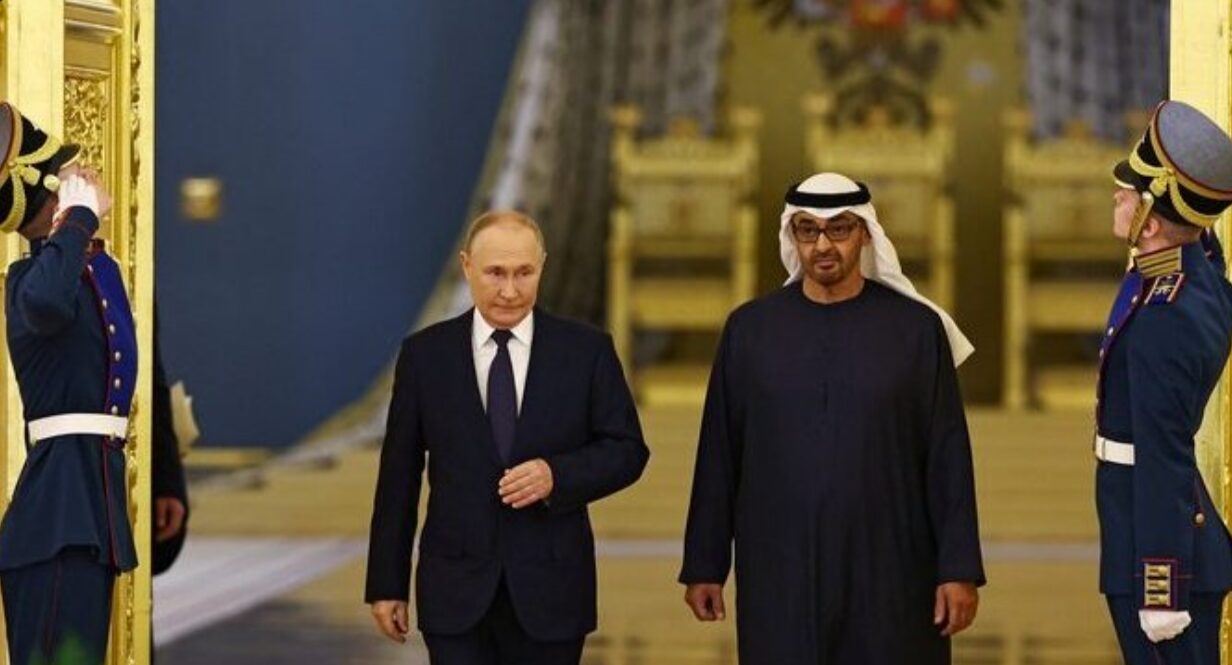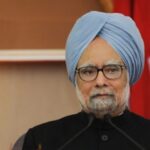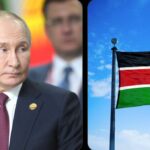BRICS will build logistics hub in UAE
BRICS to Build Logistics Hub in UAE: A Strategic Move for Global Trade and Cooperation
In a significant development for international trade, the BRICS bloc (Brazil, Russia, India, China, and South Africa) has announced plans to build a major logistics hub in the United Arab Emirates (UAE). This strategic decision comes as the BRICS nations continue to strengthen their economic ties and explore new avenues for cooperation across various sectors. The logistics hub is expected to enhance trade flows, improve connectivity, and solidify the UAE’s position as a key global trade hub. This initiative marks an important step towards further integration of emerging economies in the global supply chain and fostering greater collaboration between BRICS members.
The Significance of the BRICS Logistics Hub
The creation of a logistics hub in the UAE is poised to play a pivotal role in facilitating trade within the BRICS nations and beyond. The UAE, particularly through Dubai, is already a major global trade and logistics center, with its state-of-the-art ports, airports, and infrastructure attracting international business. By choosing the UAE as the location for this logistics hub, BRICS aims to capitalize on the country’s strategic position at the crossroads of Asia, Europe, and Africa, which serves as a natural gateway for goods moving between these regions.
The logistics hub will serve as a central node for distributing goods, managing supply chains, and enhancing the flow of exports and imports between the BRICS countries. This move aligns with BRICS’s broader goals of improving economic cooperation, reducing dependence on traditional Western-led trade routes, and boosting intra-BRICS trade.
The UAE’s Role as a Trade Hub
The UAE has long been recognized for its world-class infrastructure and business-friendly environment. Dubai, with its iconic ports such as Jebel Ali and its world-class airports, has established itself as a central hub for global trade. The country has invested heavily in developing infrastructure that facilitates the smooth movement of goods, including cutting-edge logistics technology, maritime services, and air cargo capabilities.
By building a logistics hub in the UAE, BRICS countries can take advantage of the existing infrastructure and business climate, reducing the time and cost associated with transporting goods. This initiative is expected to enhance the efficiency of trade routes and create opportunities for businesses within BRICS nations to expand their reach to new markets. Moreover, the UAE’s strong regulatory framework and its position as a financial center will provide a solid foundation for this new logistics venture.
Enhancing BRICS Trade Connectivity
The logistics hub will likely serve as a catalyst for increasing trade between BRICS countries, which together represent a large portion of the world’s population and GDP. By improving trade connectivity, BRICS nations aim to reduce barriers to trade, streamline customs procedures, and create a more integrated market. This is especially important as the global economy becomes increasingly interconnected, and as emerging economies look to assert themselves in international markets.
One of the key goals of this logistics hub is to foster smoother and more efficient trade between BRICS members. Currently, there are logistical challenges in terms of transportation infrastructure and trade facilitation between these countries. The hub aims to address these challenges by providing a well-established infrastructure that can handle the increasing volume of goods exchanged within the bloc. Additionally, with the rise of e-commerce and digital trade, the hub could also incorporate new technologies that streamline supply chain management.
Strengthening Economic and Diplomatic Ties
The establishment of the BRICS logistics hub in the UAE underscores the growing economic and diplomatic ties between the UAE and BRICS countries. The UAE has already been working to expand its relationships with BRICS members, and this initiative marks a significant step forward in strengthening those partnerships. The UAE’s efforts to build strategic partnerships with emerging economies align with its vision of diversifying its economy and reducing its reliance on oil revenues.
For BRICS countries, the hub offers a platform to collaborate on various projects beyond just trade. The partnership can be seen as a way to promote greater regional and global cooperation, not only in logistics but in other areas such as technology, finance, and infrastructure development. It also serves as a counterbalance to the influence of Western powers, with BRICS nations seeking to assert their own economic influence and create alternative frameworks for global trade and development.
Potential Benefits for BRICS Members
Each BRICS nation stands to benefit from the logistics hub in several ways:
- Brazil: As one of the world’s largest exporters of agricultural products, Brazil could benefit from streamlined access to global markets, reducing logistical costs and time delays for its exports.
- Russia: Russia’s vast landmass and strategic location between Europe and Asia mean that improved logistics infrastructure could significantly enhance its trade with other BRICS nations, particularly with China and India.
- India: India, a rapidly growing economy with a strong manufacturing sector, will benefit from faster and more efficient trade routes to international markets, facilitating exports and imports.
- China: As the world’s largest exporter and a manufacturing powerhouse, China stands to benefit from improved connectivity to other BRICS nations and global markets, making it easier to distribute goods and materials.
- South Africa: As Africa’s most industrialized country, South Africa’s businesses will benefit from the increased efficiency of supply chains and easier access to markets in Asia, Europe, and the Middle East.
Strategic Importance for Global Trade
The BRICS logistics hub in the UAE is not only significant for the member nations but also for global trade dynamics. As the world’s trade flows become more diverse and multipolar, initiatives like the BRICS logistics hub are crucial in shaping new trade routes and reducing the influence of traditional trade powers. With the ongoing challenges posed by trade wars, tariffs, and geopolitical tensions, the creation of a new logistics hub offers an alternative model for global trade—one that prioritizes cooperation among emerging economies.
The logistics hub will also help improve the efficiency of global supply chains, particularly as industries and businesses seek to adapt to the post-pandemic world. With disruptions to supply chains having exposed vulnerabilities in the global trading system, BRICS’s emphasis on improving trade infrastructure is a timely and necessary step towards creating a more resilient and diversified global economy.
In Conclusion
The announcement of the BRICS logistics hub in the UAE is a major step forward for both the bloc and the global trade community. The hub will strengthen trade ties between the BRICS nations and facilitate smoother, more efficient trade routes. Positioned in a strategic location, the UAE offers the perfect infrastructure and regulatory environment to support this ambitious project. As the global trade landscape continues to evolve, this initiative serves as a powerful reminder of the growing influence of emerging economies and their ability to shape the future of global commerce. The BRICS logistics hub in the UAE is not just a logistical breakthrough but a symbol of a new era of global cooperation and economic integration.

















Post Comment